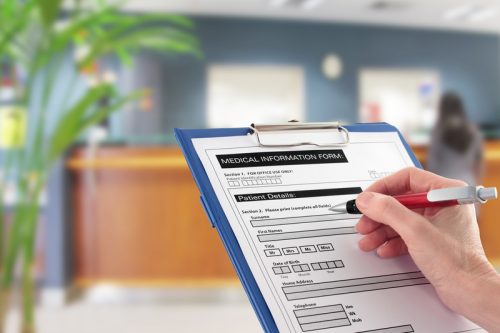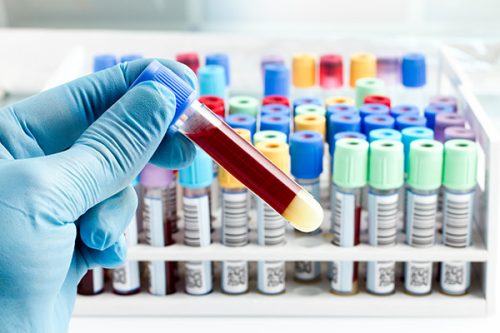Building a comprehensive picture of your health care involves more than just doctor’s visits and birth control. Wellness visits that include standard diagnostic tests and screenings help your healthcare practitioner build a baseline of health and provide the foundations for noticing and diagnosing changes early on.
Women’s health includes several screening tests that check for changes in the reproductive system. The most common of these is a pap smear, also called a pap test. The test results can detect precancerous cells, cervical cancer, and HPV.
Your healthcare provider can go over the process and reasons for pap smears as well as offer advice for how often to receive one and whether to use a combination pap smear with HPV testing for certain individuals.
When should I start pap smear tests?
In most cases, pap smears begin to happen regularly once you turn 21. Whether you’re sexually active or not, your reproductive system has matured, and pap smears help your NYC Gynecologist understand your comprehensive health status and notice any changes that may happen over time.
Tests happen every three years until the age of 30, provided each test comes back normal. Abnormal results or high-risk patients may work with a healthcare practitioner to coordinate tests on a different schedule to ensure an accurate medical history.
How often should I get a pap smear?
Pap smear routines depend on two things — age and risk. General advice may not apply to your situation, or your circumstances may change over time, so it’s essential to work closely with your healthcare practitioner to find your personalized solution based on your health needs.
Age-related factors
Women who turn 21 should begin regular pap screenings every three years, as long as the test results return normal. Once they reach age 30, many practitioners recommend combining pap tests with HPV testing for a five-year rotation until the age of 65.
Women who are 65 and older don’t usually need pap smears any more if they’ve had a history of regular testing with no recent abnormal pap smears. This advice continues throughout the remainder of life.
Risk-related factors
On top of age recommendations, your health practitioner will also look at your risk factors to determine the scheduling. If you’re high risk, you may begin regular pap smears sooner than the age of 21 or receive more frequent pap tests.
If you have abnormal results that result in a diagnosis, you may move to that high-risk category at any point in your life. You may also begin co-testing sooner than expected to monitor cell changes or receive tests more often than the recommended five year period.
Abnormal swabs could mean a variety of different things, so working with your healthcare provider to begin an alternate plan is a part of ensuring you have a complete medical history. The sample of cells could be compromised, but they may point to developing conditions your gynecologist wants to watch.
If you’ve had a total hysterectomy for reasons other than cervical cancer and no longer have a cervix, your risk factors are incredibly low — low enough to negate the need for further pap smears. However, if you have other risk factors, you may still receive regular pap smears.
What happens if my test results are abnormal?
Changes in your cervical cells can mean a variety of things, and not all of those are bad news. If you receive an abnormal pap smear result, your gynecologist will likely order diagnostic test.
You may receive additional cervical cancer screenings looking for abnormal cells or further test such as a colposcopy, in which a gynecologist carefully examines the cervix, vulva, and vagina for signs of disease or infection.
Combined HPV testing after the age of 30 can help look for Human papillomavirus strains directly related to certain cancers. These screening guidelines provide a foundation of health and wellness and give you the chance to make decisions based on changes in health information as early as possible.
Pap Smears and Women’s Health
Working with your gynecologist and healthcare practitioner for regular screening tests helps you make the best decisions for health and wellbeing. These checkup tests offer a unique insight into biological changes that happen as you age. With a history of regular testing, your healthcare expert has a better chance of catching and diagnosing any conditions early.
Early diagnosis at your doctor’s office means a better chance of success in treatments plus a broader range of choices. Your risk factors and your health situation is unique; allow the gynecology experts at Great City Medical help you build a lifelong plan for comprehensive health.
We can examine all your risk factors, age, and medical history to create a plan, and give you the best chance at a long, healthy life. Contact us to schedule your health screenings and put your medical foundation in place.



